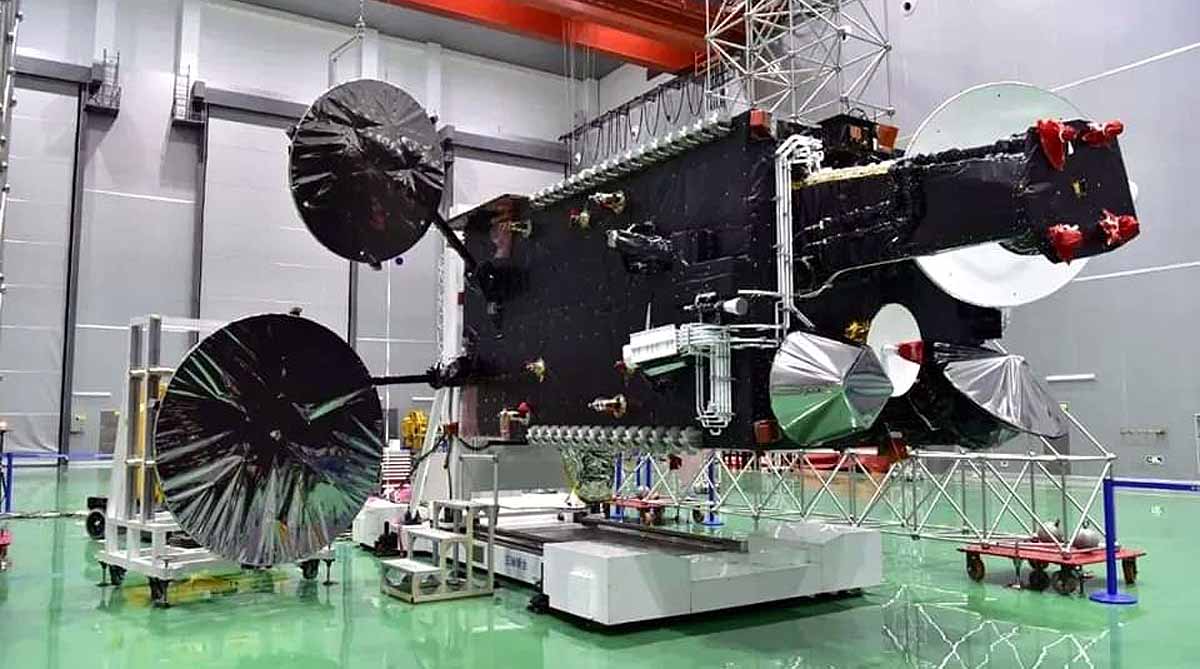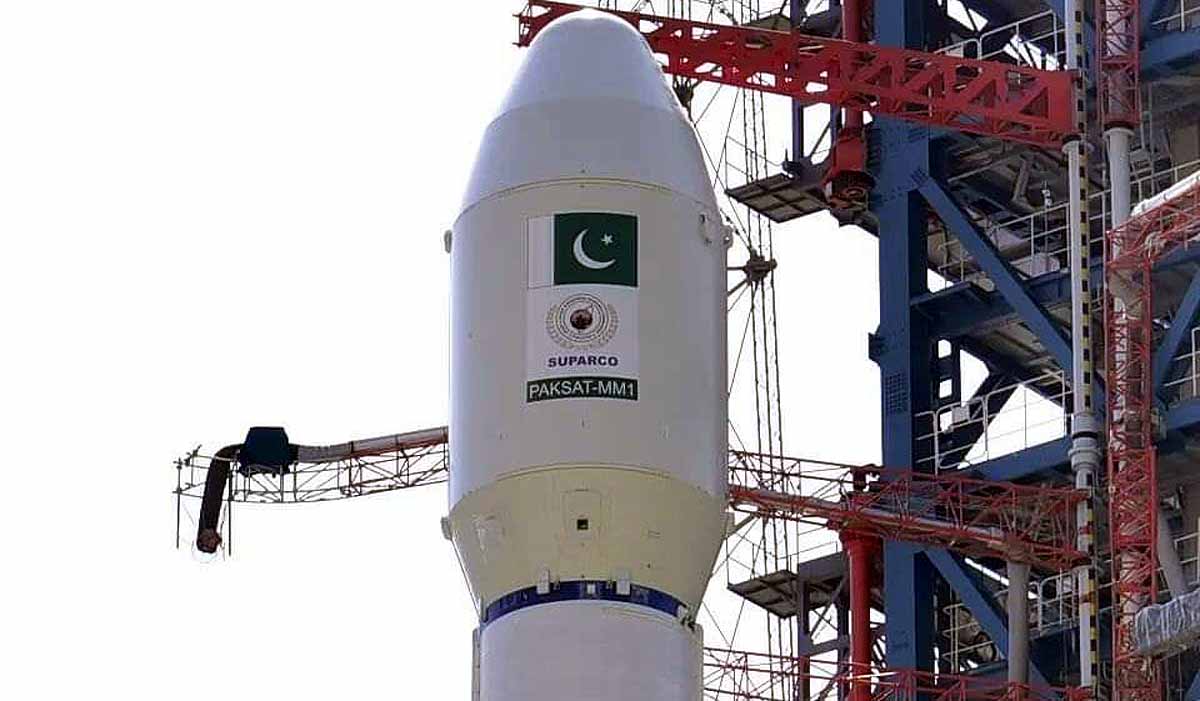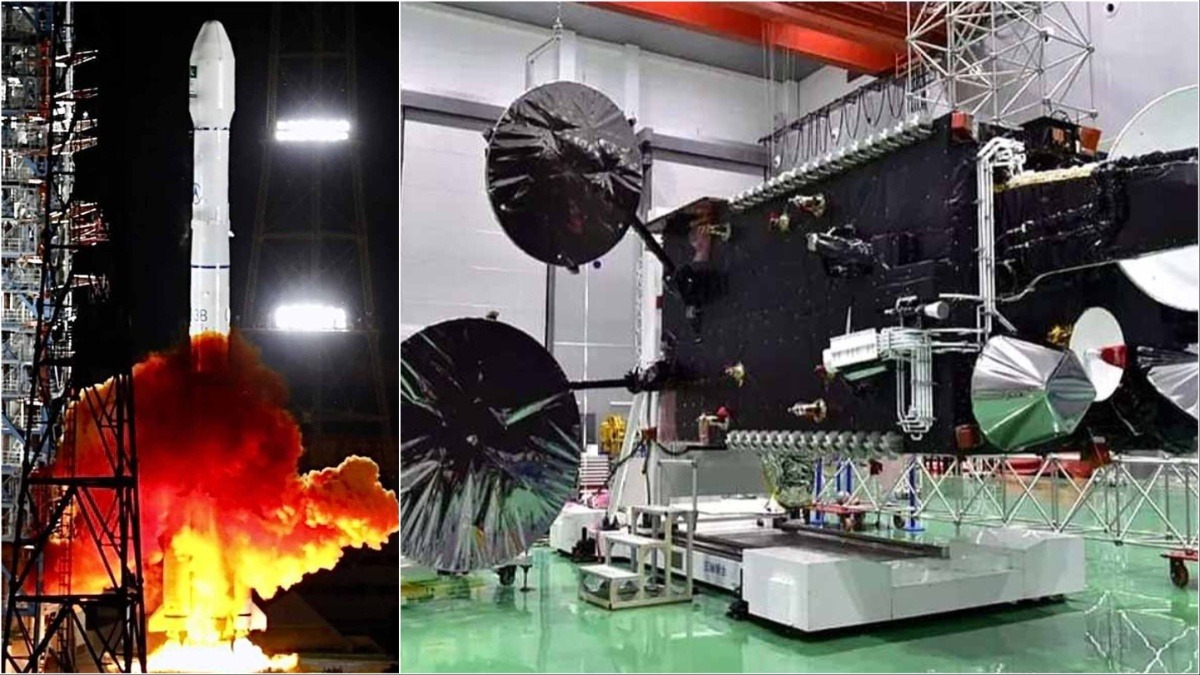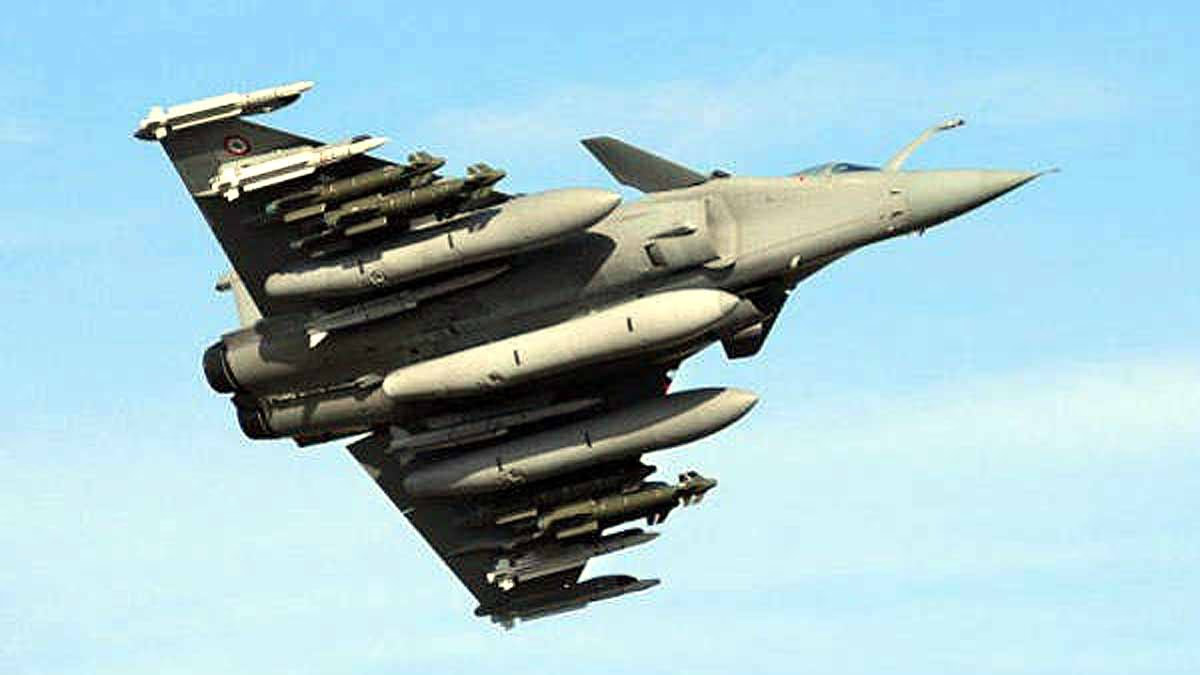Pakistan's space agency, SUPARCO, facilitated the launch of Paksat-MM1R aboard China's Long March rocket. Pakistan, lacking indigenous rocket and launch facilities, collaborates with China for satellite deployment. The recent satellite is geared towards communication, TV broadcasting, and broadband internet services.
The satellite includes 48 transponders and is expected to function for 15 years in space. However, it's surprising that SUPARCO, pre-dating ISRO by 8 years, managed to launch only 10 satellites to date. Let's delve into whether Pakistan's space agency has made any significant strides so far.
Despite the lead time over the Indian Space Research Organization (ISRO), SUPARCO is scarcely known on the global platform, with launches remaining under the radar. In stark contrast, ISRO has earned global trust, positioning India at the vanguard of space science in South Asia and beyond.
China Plays Lifeline Role for Pakistani Space Efforts
China's financial assistance totaling 800 crores rupees to Pakistan's space agency also extends to training Pakistani scientists and engineers. The strategic repercussions of this support raise questions about potential new moves against rivals like India or the United America.

Source: aajtak
South Asia's 8 Nations and India's Leading Space Science Role
Home to eight nations including India, Afghanistan, Pakistan, Bangladesh, Sri Lanka, Nepal, Bhutan, and Maldives, South Asia sees only India and to a much lesser extent China, making significant advances in space science. Pakistan has a long way to go to match India's prowess in this field, irrespective of the support it garners, whether from China or any other nation. At this juncture, ISRO is reputed to be the most reliable space science organization worldwide.

Source: aajtak
PAK's Early Space Agency Establishment Yet to Showcase Major Thrust
PAK founded its space agency SUPARCO on September 16, 1961, a solid eight years before the official establishment of ISRO, the Indian Space Research Organization. However, it lags far behind in the space race. ISRO, established in 1969, has made a name for itself on the global stage, while PAK's presence in comparison appears negligible.




